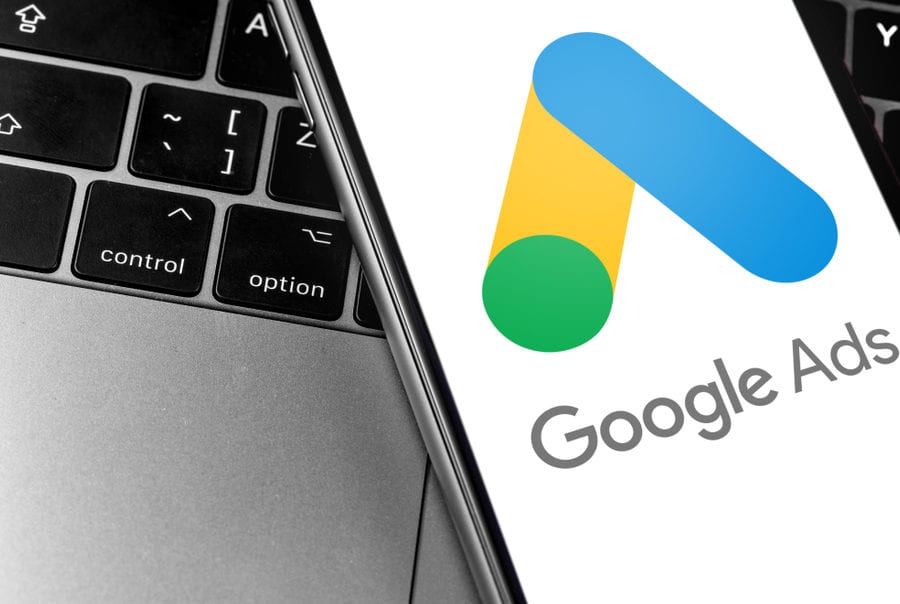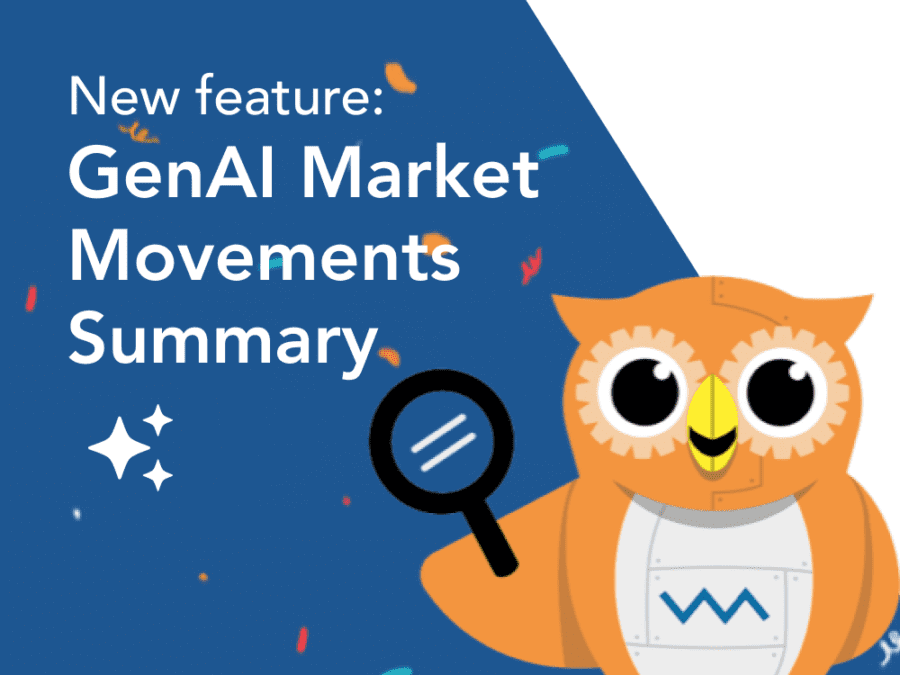This month, Google rolled out yet another change to its keyword match types that could have a devastating effect on your paid search ROAS, CPAs and overall bidding strategy. Read on for everything you need to know, and what you can do about it.
The way it used to be
Before 19 February 2021, keyword match types used to sit in three categories:
- Exact Match – a fuzzy exact match including terms with similar intent.
- Phrase Match – where terms followed the order and words you specified but could have any combination of preceding or succeeding words.
- Broad Match Modifier (BMM) – where words could appear in any order or use similar terms used.
Merging and sunsetting
Since the 19 February change, Broad Match Modifier and Phrase Match now capture the same terms (a combination of BMM and Phrase Match in one), and from July 2021, Google will sunset BMM and only Phrase will continue to serve the role of both.
This comes off the back of a change in September 2019, when match types were updated to include search terms with similar ‘intent’ even if the terms were completely different. In September 2020, search term thresholds were changed again and users lost visibility of 20% of the terms their ads were appearing on.
Why the changes?
Google claims this new 2021 change will ‘streamline keyword management and save time’ but some PPC managers are up in arms, as they consider this a further money grabbing attempt by Google to make ads appear for more, and less relevant, terms.
Certainly, digital marketing teams will need to rely on larger budgets and in turn, brands will be expected to have deeper pockets for this type of advertising.
What this means for you?
Broad Match Modifier and Phrase will be merged within your Google Ads account. This will lead to your keywords being triggered by a greater variety of search terms and, combined with the September 2020 search term threshold increase, could reduce your visibility over the search terms you’re appearing for, and the relevancy of your ads.
This means less overall control for you on your campaigns, fewer conversions, higher CPCs, and potentially, deteriorating CPAs. All in all, not great news for PPC managers striving to maintain solid ROI from paid search. So what can you do about it?
What can you do about it?
Now is the time to take action and set your bidding strategy for success despite these changes. The first question is, do you have a platform in place to show you the terms Google will hide from you? Adthena’s search intelligence platform can help you:
- Identify search terms to use as Exact matches.
- Identify terms to be used as negative keywords.
- Understand the search term volumes in the areas you’re active.
- Understand search term trends and potential terms triggering match types.
- Understand your CPC ranges.
For all the latest Google changes, keep an eye on Adthena’s ultimate catalogue of Google updates, and for more information on how we can help, get in touch today.




